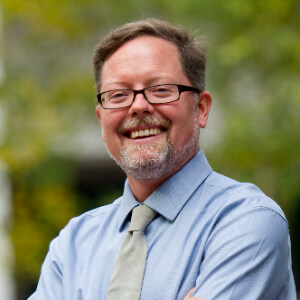Title : Recent advances in nanomedicine: Sensors, implants, artificial intelligence, saving the environment, human studies, and more
Abstract:
Nanomedicine is the use of nanomaterials to improve disease prevention, detection, and treatment which has resulted in hundreds of FDA approved medical products. While nanomedicine has been around for several decades, new technological advances are pushing its boundaries. For example, this presentation will present an over 25 year journey of commercializing nano orthopedic implants now in over 30,000 patients to date showing no signs of failure. Current orthopedic implants face a failure rate of 5 – 10% and sometimes as high as 60% for bone cancer patients. Further, Artificial Intelligence (AI) has revolutionized numerous industries to date. However, its use in nanomedicine has remained few and far between. One area that AI has significantly improved nanomedicine is through implantable sensors. This talk will present research in which implantable sensors, using AI, can learn from patient’s response to implants and predict future outcomes. Such implantable sensors not only incorporate AI, but also communicate to a handheld device, and can reverse AI predicted adverse events. Examples will be given in which AI implantable sensors have been used in orthopedics to inhibit implant infection and promote prolonged bone growth. In vitro and in vivo experiments will be provided that demonstrate how AI can be used towards our advantage in nanomedicine, especially implantable sensors. Lastly, this talk will summarize recent advances in nanomedicine to both help human health and save the environment.
Audience Take Away Notes:
- How nanotechnology is improving medicine
- How sensors are being used on implantable devices to improve health
- Human clinical data with nanotextured implants



